I can’t recall when I first saw myself in print. Not my actual name or likeness but someone like me. Someone whose skin was described like mine; brown, sepia, kissed by God’s sun. Or a girl with a hair texture resembling something familiar. Curly, at times on its own agenda, and calmed with the heat of steel. For a long time it didn’t matter. I identified with the stories I read in spite of the absence. Young women looking for love, who argued with friends, those trying to find their way. No matter their physical descriptions, I got them and they me. However, one day that all changed. When I grew tired of the protagonist never being described like someone I knew. That’s when I realized I was missing something. And that something was representation.
A couple years ago I was invited to a book club, which I love. Surrounded by women who trek the world as I do, though each of us has our own experiences. The best part about the group is being able to introduce one another to books. Recently we read two books by newcomer Jasmine Guillory, after reading them I understand even more why representation is everything. You can imagine we gravitate toward reads that are written by Black authors who can tell our stories intrinsically. Who write from a place of understanding when they talk about the fear we have dating men whose mothers don’t use our combs. Or who know what it means to endure interactions that deem us aggressive and unreasonable. Our white counterparts have no idea about this longing because the world is made for their consumption and the retelling of life from their perspective. We’re elated when we see our lives on paper.
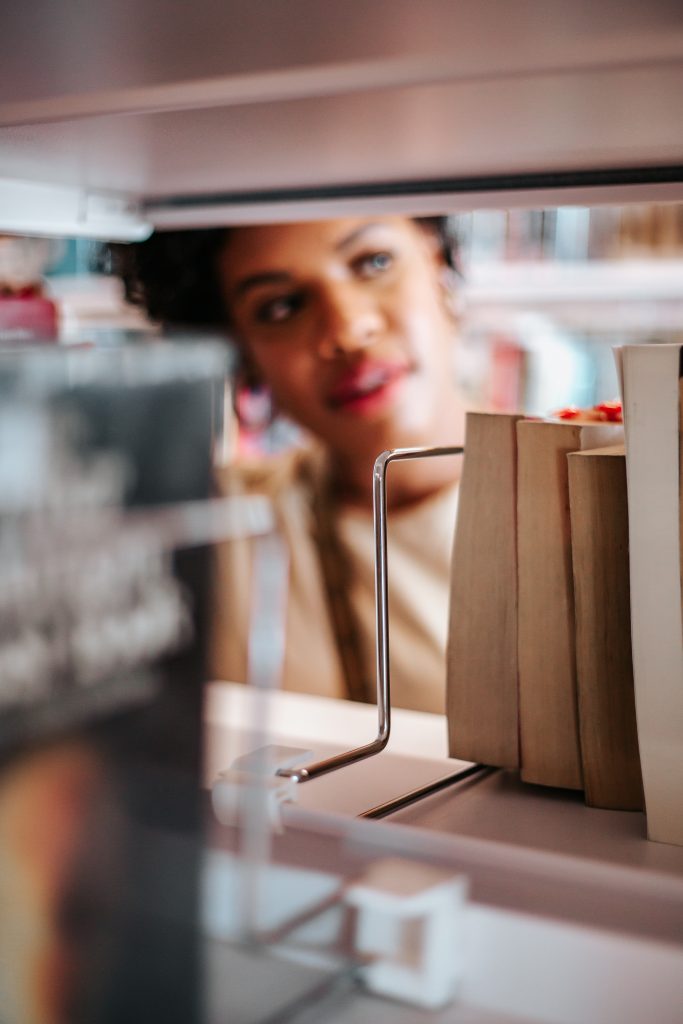
After enjoying The Wedding Date and The Proposal, I saw how exciting it was for my group of friends to see a Black woman being loved loudly. Sweetly and most of all with care. We relished joyously in the main characters Alexa and Nic getting to have great love and great sex in the same story. No tales of extreme brokenness but instead just regular break ups that humans go through. Something seemingly small spoke volumes to us.
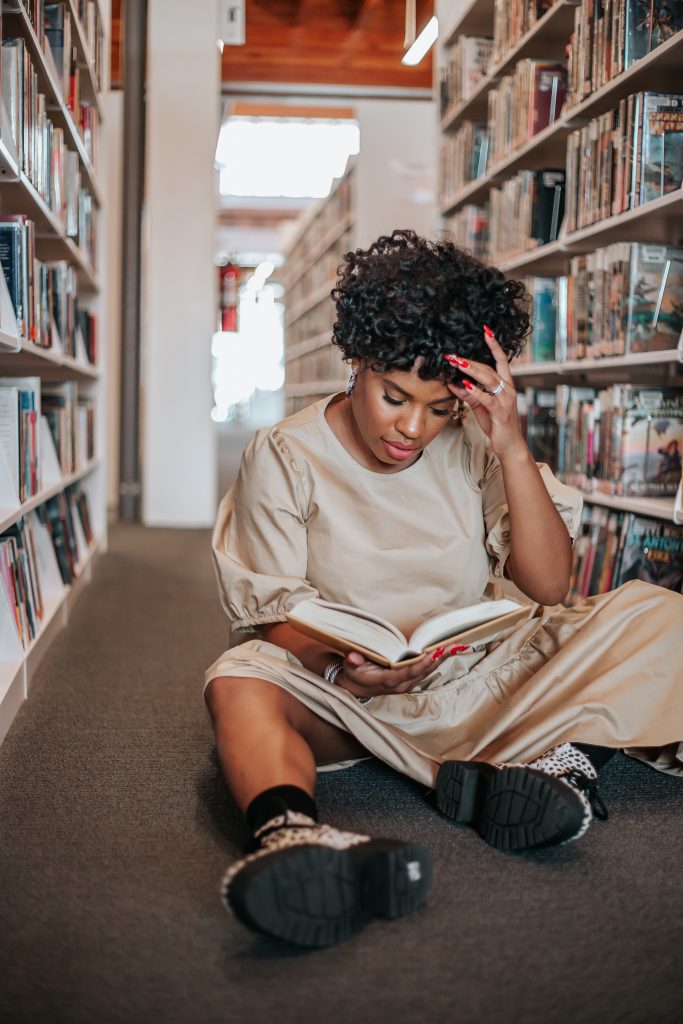
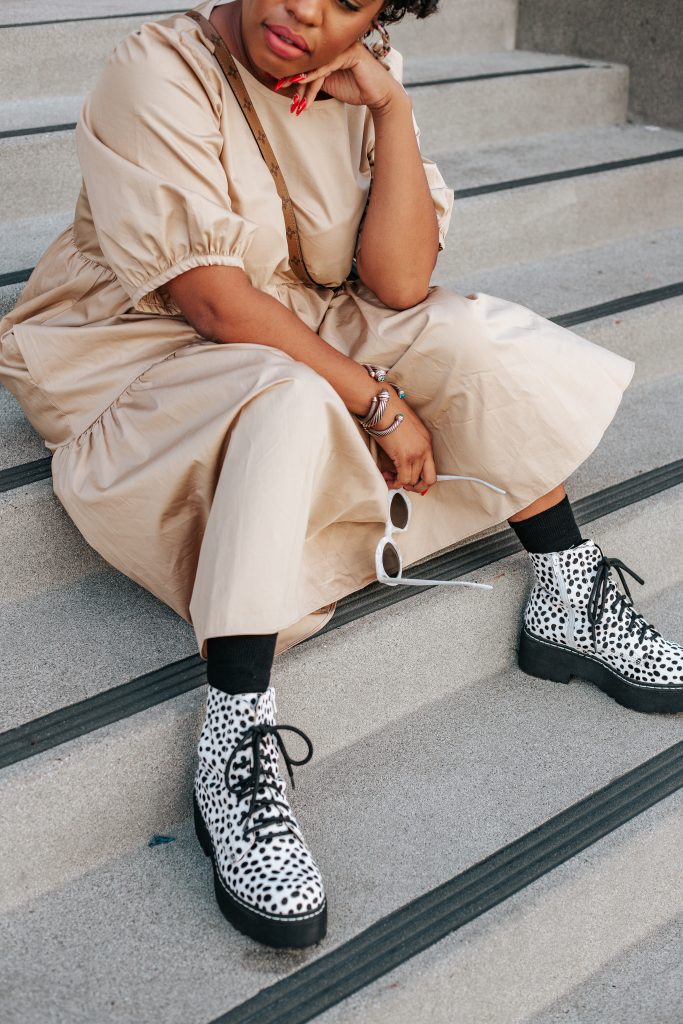
If you grow up seeing winners who never look like you, you begin to figure you aren’t a champion…
As a voracious reader I didn’t allow a lack of representation keep me from swallowing books whole. I tore through them regardless of the race of the main or tertiary characters. But it wasn’t just books that excluded me. One of my favorite television series comes to mind, Felicity. The show was everything I expected and wanted college to be. Set smack dab in the big city, surrounded by noise with coffee shops on every corner. I imagined a cute RA giving me all the attention and I wished the character Elena had been given the same.
Truth be told I did experience all of that and more at Howard University. The nostalgia in me makes me think fondly on Felicity. Days in middle school float to the surface, when each of my friends; smart and each seeking for validation in pop culture, picked the characters that they thought themselves to be. Automatically I was Elena. Lone, Black, genius. Beauty unacknowledged, sassy best friend. Black girls deserve to be more than the best friend building up the white main character all of time. We deserve to be portrayed as the lead roles on television in the same way we play them each day in our own lives.
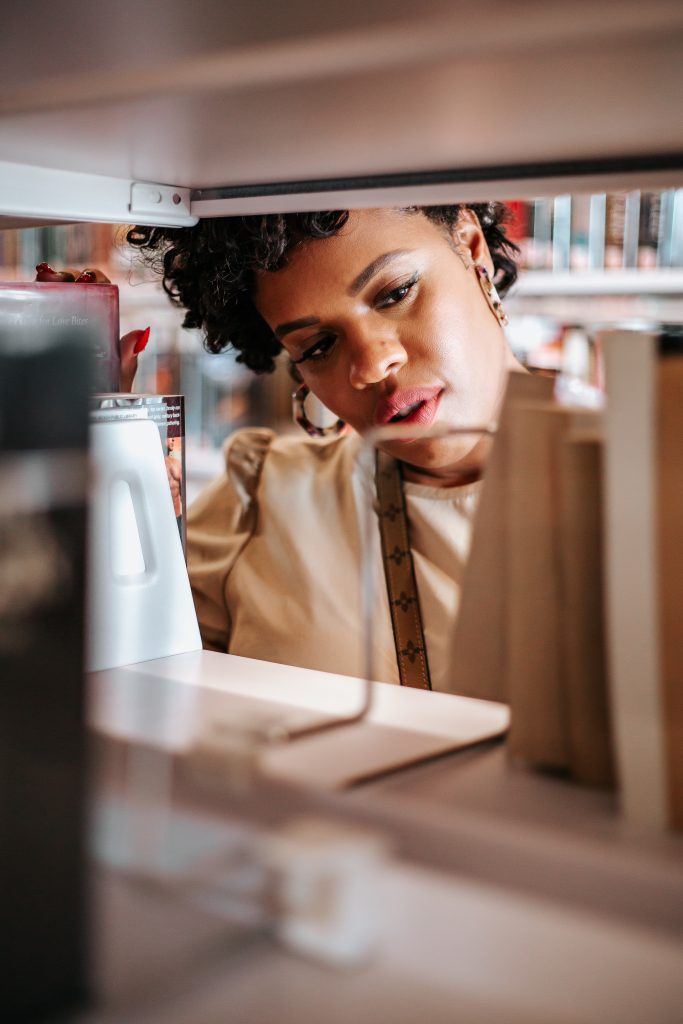
Now a mother of three, I do my best to ensure that my girls see themselves in the world that surrounds them. I am mindful of the places we frequent, where we live, and obviously the television and other media they absorb. I want them to be aware that as Black women they are special. They are not relegated to one thing, no one descriptor can express the magnitudes they possess. I am proud that they can see their own mother on their television screen, representing them and the people that look like them. It is difficult to imagine yourself in places when you don’t see anyone like you there. My goal in everything that I do is to make space for Black and brown women to thrive. I don’t want us to shirk in the background anymore vying for room, we are just as entitled as anyone else to it. The more and more we begin to see ourselves in all arenas in every position, the more likely we are to seek those spaces.
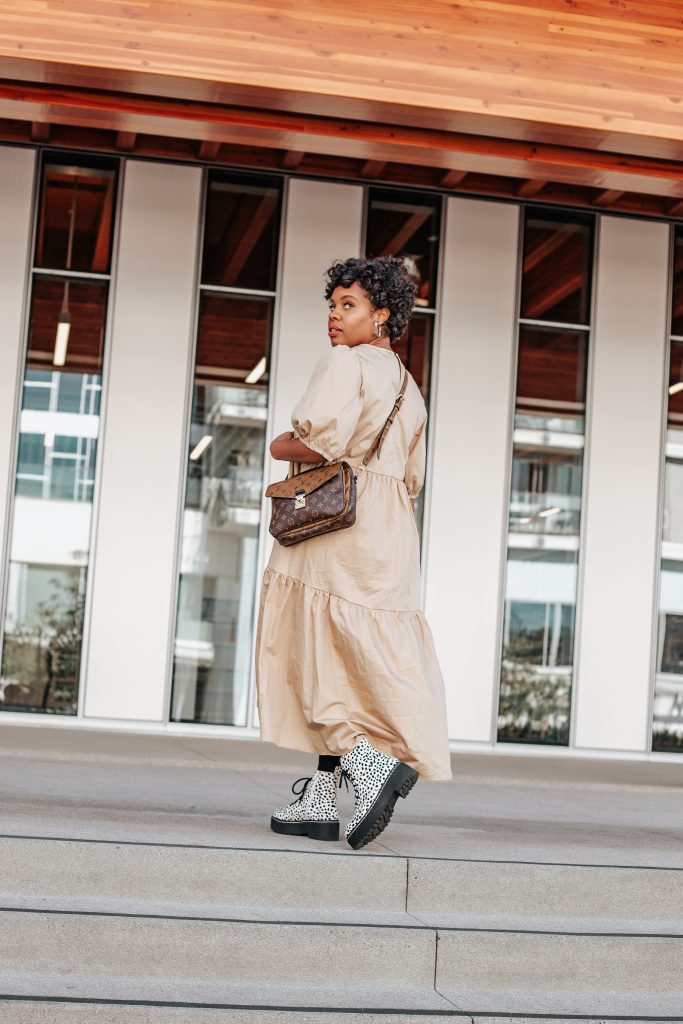
outfit details: dress – zara // spotted boots – jeffery campbell \\ purse – louis vuitton // socks – balenciaga \\ earrings – madewell // sunnies – zara \\ bracelets – david yurman
Asking for permission to belong is the not the story I want my girls or myself to be familiar with. Instead I want us all to have no qualms about going anywhere whenever we please. I want us all to be able to identify examples of people that have come before you, who have done the things you long to do. In order to make that the case; diversity and inclusion must be more than just adding a white woman to a sea of white men. It must mean that Black women and men, Latino women and men, disabled women and men, Indian, Asian, LGBTQ peoples in each of these communities must be included. Disparities have to cease so that the idea of what a winner looks like can shift.
My goal in everything that I do is to make space for Black and brown women to thrive.
Click to tweetThe reason that white children have no fear about the world or why they don’t think twice about dreaming big is because they are shown that they can be anything. Limits and restrictions of any kind aren’t thrown at them because of their race. The rest of us deserve to thrive in that same audacity. As society becomes more aware of the disparities in representation be encouraged that your story matters. Know that it deserves to be told and someone out there is aiming to tell it. At the very least know that I am.
Photography: Kaye McCoy
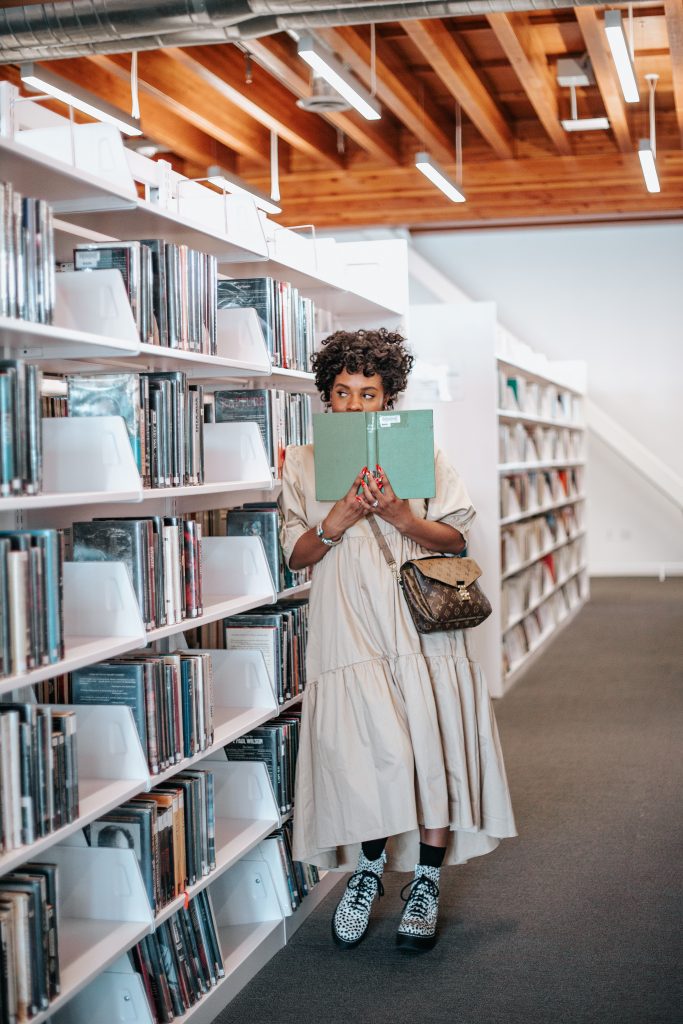
Think about the first time you felt represented in the world, when was it? How did you feel? Do you now understand why representation is everything? Let’s discuss.
be well,

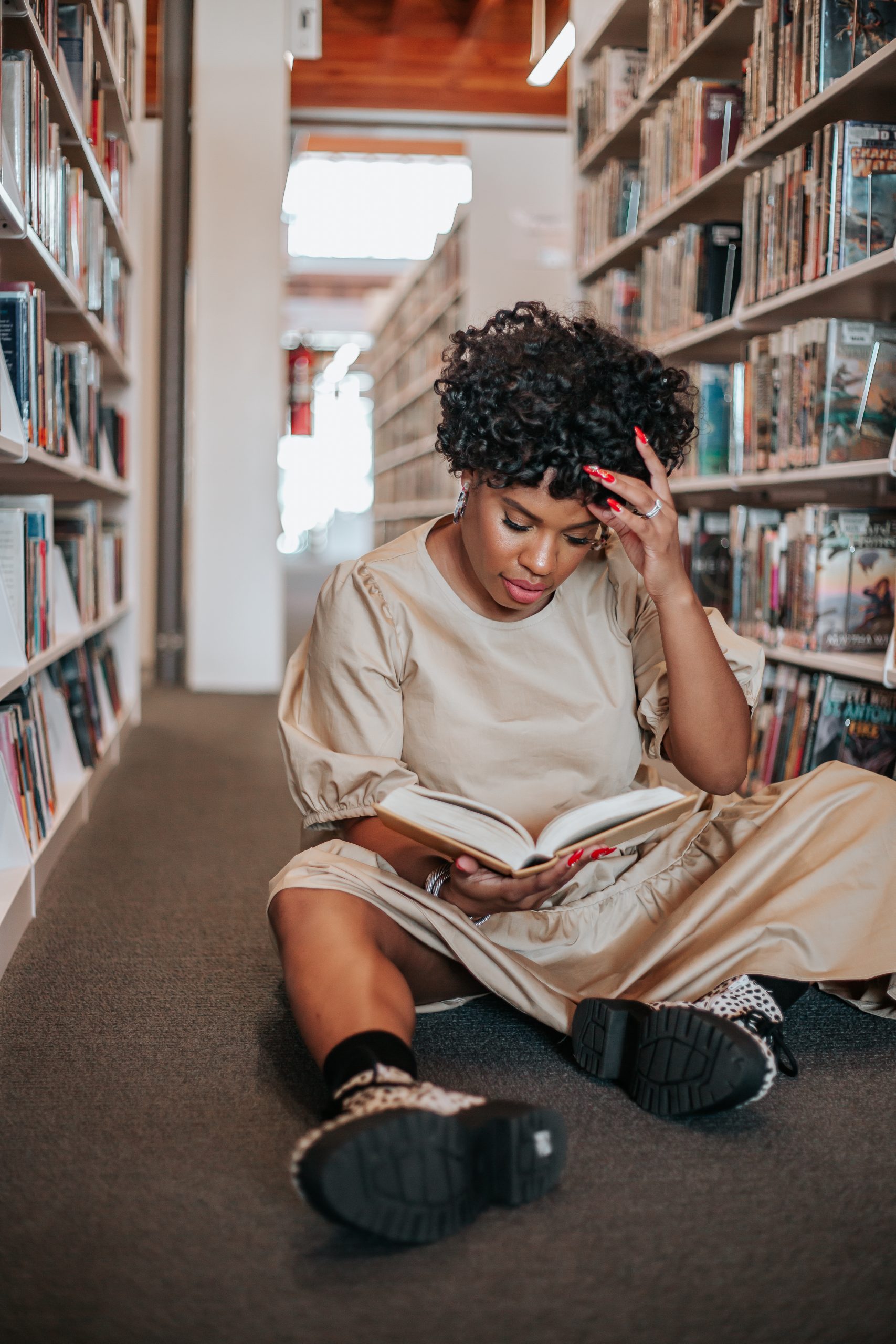

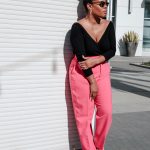

[…] image via Leslie Antoff […]
[…] image via Leslie Antoff […]
[…] image via Leslie Antoff […]
[…] picture by way of Leslie Antonoff […]
[…] image via Leslie Antonoff […]
[…] image via Leslie Antonoff […]